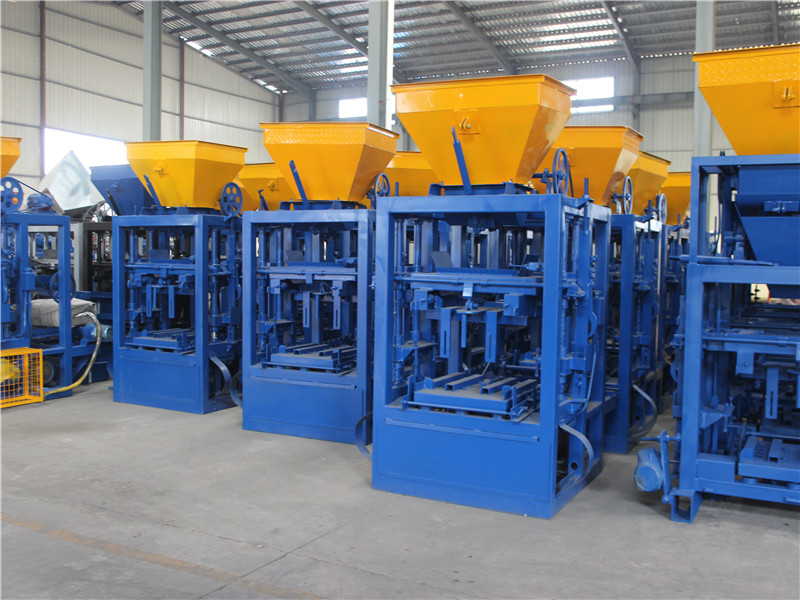Your Position: Home - Machinery - What is the Purpose of Brick Making Machine?
Brick making machines have been a crucial part of the construction industry for centuries, revolutionizing the way bricks are produced. In this article, we will explore the purpose of brick making machines, examining their evolution, components, types, advantages, applications, challenges, and future trends.

Traditional Methods
In the early days, brick making was a labor-intensive process, relying on manual labor and rudimentary tools. The process involved hand-mixing clay, shaping the bricks, and sun-drying or firing them in kilns.
Modern Technological Advancements
With technological advancements, brick making machines have evolved significantly. Modern machines incorporate automation, improving efficiency and output. These advancements have not only increased production but also enhanced the quality and consistency of bricks.
Mixing and Feeding Mechanism
China Brick Machine consist of a mixing chamber where raw materials are combined. The feeding mechanism then transports the mixture to the molding process.
Molding Process
The molding process shapes the raw material mixture into bricks of uniform size and shape, ensuring consistency in the final product.
Kiln Firing
After molding, the bricks undergo kiln firing, a crucial step that solidifies them, making them durable and suitable for construction.
Manual Brick Making Machines
These machines require human intervention for various stages of the process. While they are less automated, they are cost-effective and suitable for smaller-scale operations.
Automatic Brick Making Machines
Fully automated machines handle the entire process from mixing to molding and firing. They are efficient, reducing the need for manual labor.
Hydraulic Brick Making Machines
Hydraulic machines use hydraulic pressure to mold and compress the raw materials, producing high-density bricks with enhanced strength.
Efficiency and Productivity
Modern brick making machines significantly increase production rates, allowing for large-scale brick manufacturing in a relatively short time.
Cost-Effectiveness
Automated machines reduce labor costs and produce bricks with minimal waste, making the process economically viable.
Environmental Sustainability
Brick making machines often use recycled materials, contributing to sustainable construction practices and reducing environmental impact.
Construction Industry
The primary purpose of bricks is in construction, providing a sturdy and reliable building material.
Infrastructure Development
Bricks produced by these machines are essential for infrastructure projects, including roads, bridges, and dams.
Artistic and Decorative Purposes
Bricks with unique designs and textures produced by specialized machines are used for artistic and decorative applications.
In conclusion, brick making machines play a pivotal role in modern construction, offering efficiency, cost-effectiveness, and sustainability. As technology continues to advance, these machines will likely undergo further innovations, shaping the future of the construction industry.
300
0
0
Comments
All Comments (0)